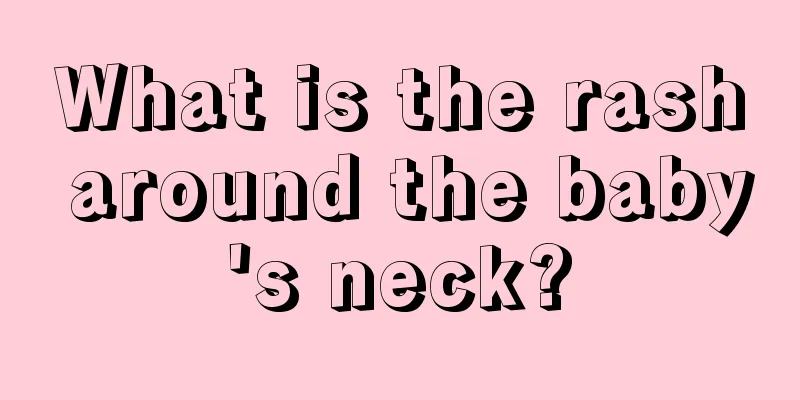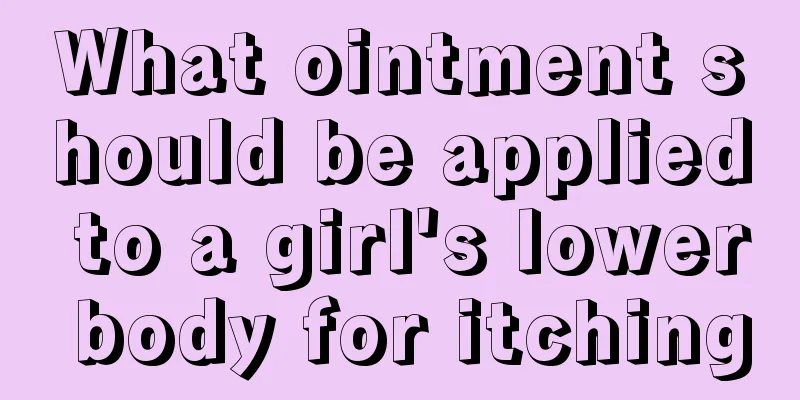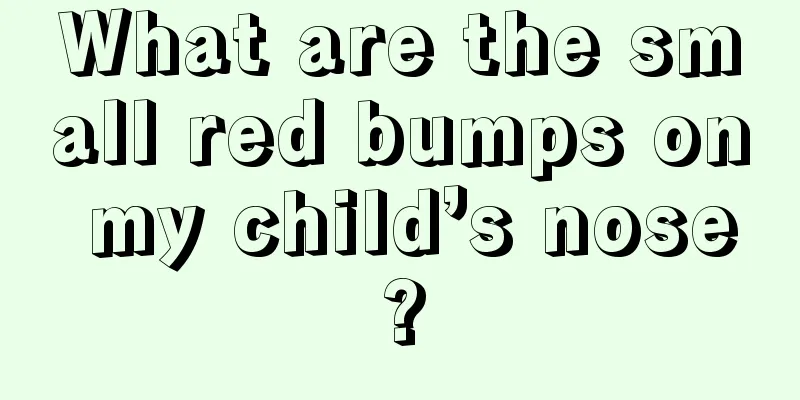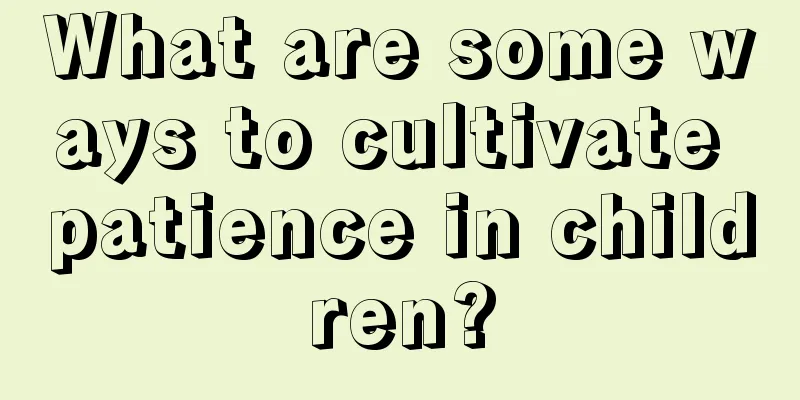Are hand, foot and mouth disease scabs still contagious?
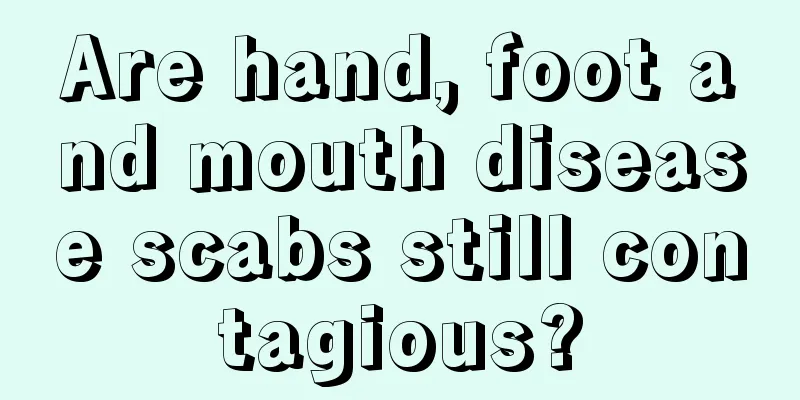
|
Many parents do not know how long the hand, foot and mouth disease is contagious because it is the first time that they have encountered this situation in their children. One to two weeks after the onset of hand, foot and mouth disease, the virus may still be excreted from the respiratory tract, and the virus is also present in the feces. Therefore, even after the hand, foot and mouth disease has scabbed over, it may still be transmitted for several time periods. Parents should pay attention to prevent their children from going to public places and contacting others for at least two weeks. Generally, the virus is still excreted from the respiratory tract 1-2 weeks after the onset of hand, foot and mouth disease, and the virus is excreted from the feces 3-5 weeks after the onset of the disease. Therefore, the quarantine period must be no less than 2 weeks to prevent infection. Hand, foot and mouth disease is a common infectious disease caused by enterovirus. The main clinical features of this disease are herpes on the hands, feet and mouth, so it is commonly known as hand, foot and mouth disease. Most patients have mild symptoms, but a small number of patients may develop complications such as myocarditis, pulmonary edema, aseptic encephalitis, meningoencephalitis, etc. Some seriously ill children have rapid disease progression and are prone to death. It mostly occurs in infants and young children under 5 years old, so it is often called "hand, foot and mouth disease in children." Hand, foot and mouth disease is mainly transmitted through close contact between people. Viruses in the patient's throat secretions and saliva can be transmitted through airborne droplets. The virus can be transmitted through daily contact with hands, towels, handkerchiefs, tooth cups, toys, eating utensils, milk containers, bedding, underwear, etc. contaminated with saliva, herpes fluid, and feces, and can also be transmitted orally. Contact with water contaminated by the virus can also cause oral infection, which often leads to epidemics. Cross-infection in outpatient clinics and inadequate disinfection of oral instruments can also cause transmission. There is no effective medicine for hand, foot and mouth disease, and most children do not need treatment. Children with mild symptoms will recover on their own, while children with severe symptoms need symptomatic treatment. Parents must remember this. In addition, if a doctor or other person recommends the following drugs to you, claiming that they can cure diseases, please firmly refuse them! First of all, there are various traditional Chinese medicines and Chinese patent medicines, such as Lanqin oral liquid, antiviral oral liquid, Kaihoujian spray, Bairui granules, and Shibaolitong. The efficacy of these drugs has no evidence-based basis at all, and the toxic and side effects are unknown. Here the editor wants to focus on Shibaolitong, a herbal medicine in foreign clothing. In foreign countries, it is not an ordinary health product that can be bought in supermarkets, and it is clearly stipulated that children under 4 years old should not use it. In China, it has almost become a miracle medicine that can cure all diseases for all ages. Please note that this medicine is impossible to have any effect on hand, foot and mouth disease. Chinese patent medicine injections such as Indomethacin, Xiyanping, and Reduning should never be used under any circumstances. Not only do these medicines generally lack reliable evidence of efficacy, they also have complex ingredients and excessive particles. After injection, the harmful ingredients directly enter the human blood circulation and may cause allergic reactions, which can be fatal in severe cases. According to a report from the Food and Drug Administration, adverse reactions caused by Chinese medicine injections account for 72.6% of all adverse reactions of Chinese medicine. Secondly, there are various antibiotics. If there is no clear secondary bacterial infection in hand, foot and mouth disease, giving children antibiotics is cheating the children. We must refuse to abuse antibiotics. Secondly, various antiviral drugs. Although hand, foot and mouth disease is a viral infection, there is currently no specific drug for the pathogenic virus of hand, foot and mouth disease. Here I want to focus on ribavirin. The US Food and Drug Administration has only approved ribavirin for the treatment of respiratory syncytial virus infection and chronic hepatitis C. The use of ribavirin for other viral infections is not only ineffective but also has the risk of hemolytic anemia. There is also no evidence that acyclovir, another widely used antibiotic, can be used to treat hand, foot and mouth disease. If your doctor prescribes this drug to you, please refuse to use it! Finally, there are some things that cannot be called medicine, such as Kangfuxin liquid containing cockroach extract or traditional watermelon frost spray. There is no evidence to prove that these things are useful. These so-called "medicines" should not be used on children! |
<<: Does hand, foot and mouth disease itch in children?
>>: Is herpetic pharyngitis hand, foot and mouth disease?
Recommend
What's wrong with my baby having fever, diarrhea and cough?
Babies always get sick for unknown reasons, and t...
How many months does it take for a newborn to start teething?
Having a child in the family really adds a lot of...
Does a white birthmark mean you are sick?
After the baby is born, we need to fully understa...
Will babies be zinc deficient?
We often find that babies have poor appetite, sle...
Is it normal for babies to have yellowish green stools?
Since newborn babies are generally breastfed, the...
How to treat strabismus in children?
Strabismus is actually very easy to explain. When...
What changes occur in baby’s sleep after 100 days?
Sleep is very important for babies who have just ...
What should I do if my child is frightened?
Children are very timid, so parents are reminded ...
Why does the baby keep crying?
Some babies have the problem of crying all the ti...
What should I do if my three-year-old baby grinds his teeth while sleeping?
Babies will always have some minor problems and c...
What to do if your baby is allergic to milk
Transitioning means switching your baby from brea...
What to do if your baby has a fever and runny nose
Babies having fever and runny nose is a situation...
What should I pay attention to when my child has watery beans?
Chickenpox is a common disease in children during...
What is the cause of trigger finger in children?
Trigger finger is generally caused by abnormal de...
Do newborns need to be bathed every day?
Bathing is quite important for the human body. It...


